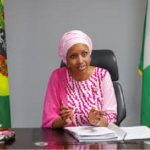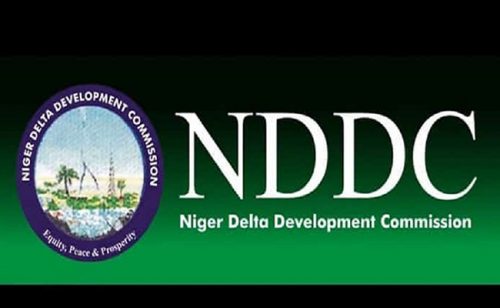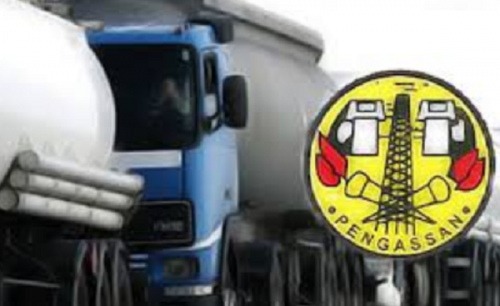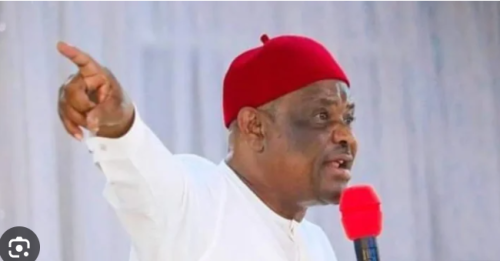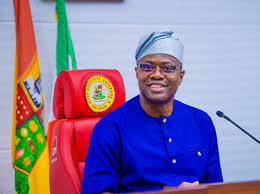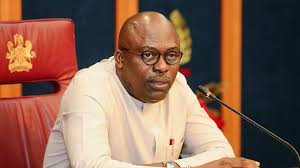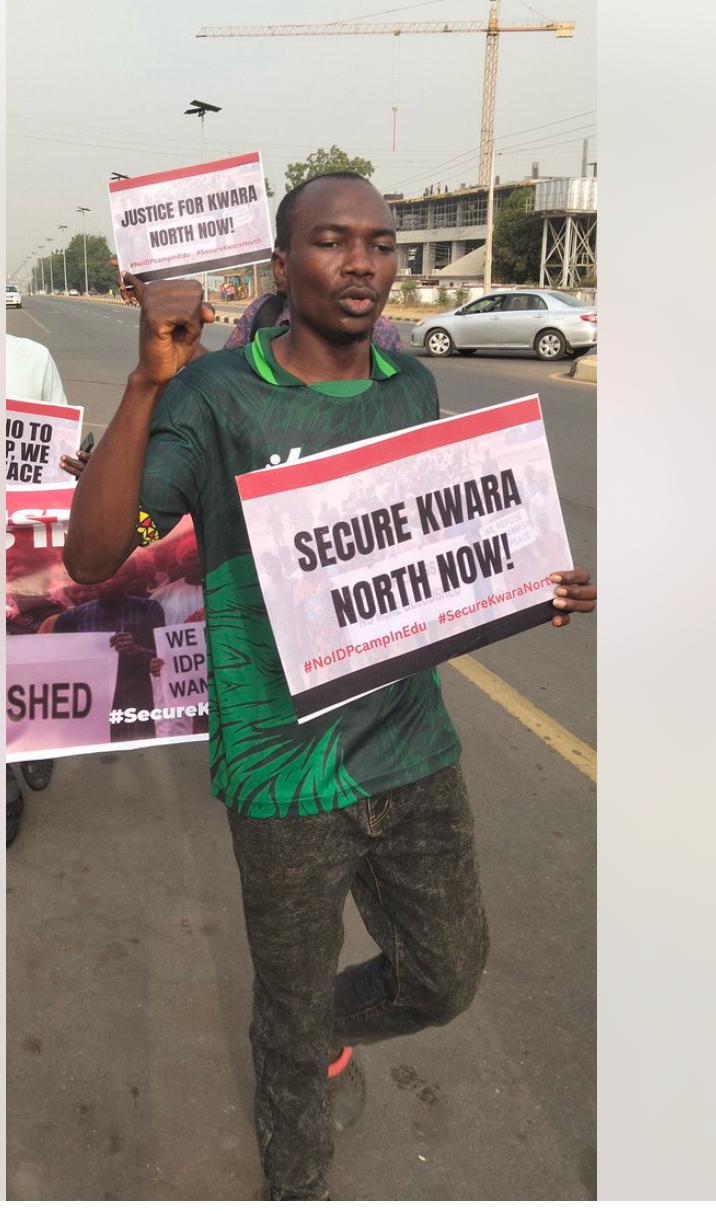FG intensifies battle against polio as variant threatens North-West

Nigeria is intensifying its battle against the lingering threat of polio after a vaccine-derived variant resurfaced in parts of the North-West, raising concerns among health officials and policymakers.
Gombe State Governor, Inuwa Yahaya, disclosed this on Thursday while briefing State House correspondents after the National Economic Council (NEC) meeting presided over by Vice President Kashim Shettima. He said recent interventions have begun to yield results, though Sokoto State remains a troubling hotspot.
According to Yahaya, Nigeria’s gains against the wild poliovirus, officially eradicated in 2020, are being tested by a circulating variant type 2, concentrated largely in Kano, Katsina, Kebbi, Sokoto, and Zamfara.
“As of the 33rd epidemiological week in 2024, Nigeria recorded 78 cases. That figure has now dropped to 42, showing a clear downward trend,” he noted. “Kano and Katsina recorded reductions of 65 and 84 percent respectively, while Gombe has maintained zero cases this year. However, Sokoto alone accounts for 13 of the 23 cases reported nationwide in 2025.”
The governor explained that surveillance and vaccination coverage have improved in recent months. Settlements tracked with geo-coordinate data increased from 71 percent in April to 78 percent in June, while vaccination coverage rose from 81 to 84 percent.
The first round of in-between immunization activities across 11 high-risk states reached 77 percent of targeted communities, vaccinating about 2.7 million children 83 percent of the intended coverage.
In addition, health teams offered integrated services, including nutritional supplements for pregnant women, malaria prevention kits, and maternal-child health interventions. Yahaya said this approach was designed to boost acceptance among skeptical communities.
The second round of immunization is scheduled for September 11–14 across 11 high-risk states, while a broader nationwide campaign will follow in October. That campaign will target children aged 0–14 years with measles, rubella, polio, and malaria vaccines, alongside treatments for neglected tropical diseases, in a phased rollout.
To guarantee effective delivery, NEC directed deputy governors to personally chair task force meetings at least two weeks before each campaign, particularly in Kano, Kebbi, and Sokoto. Commissioners for Health and primary healthcare chiefs are to conduct post-campaign reviews, while local government chairmen will lead grassroots mobilization efforts.
Yahaya also called on security agencies to protect vaccination teams in conflict-prone areas, warning that insecurity continues to endanger health workers. He further appealed for timely funding, urging the Accountant General of the Federation to fast-track releases for primary healthcare activities.
“Eradicating polio remains a national priority,” Yahaya said. “With sustained commitment, adequate resources, and strong security backing, we can rid Nigeria of this disease once and for all.”
The governor cautioned that porous northern frontiers remain a weak link, stressing that communities along the Niger and Chad borders remain vulnerable to reinfection. “What we are fighting now is a variant that spreads easily across borders. We must intensify vaccination to ensure that no variant, whether homegrown or imported, gains ground again,” he said.
Beyond polio, the NEC also received an update on Nigeria’s fiscal accounts. The Excess Crude Account stood at $535,823.39, while the Stabilization Account held ₦78.45 billion. The Natural Resources Account was reported at ₦106.72 billion.
The Council further approved the drafting of a new medium-term national development plan, tagged the *Renewed Hope Plan 2026–2030*, to succeed the current 2021–2025 plan which expires in December.
Briefing journalists, Minister of Budget and Economic Planning, Atiku Bagudu, explained that the plan will serve as the second in a series of six medium-term strategies under Nigeria’s 30-year Agenda 2050.
He said the framework will consolidate ongoing reforms, accelerate job creation, strengthen food security, expand sustainable infrastructure, and improve social protection. The preparation will involve federal, state, and local governments, alongside private sector and civil society stakeholders, to ensure inclusivity.
Council members, including Anambra State Governor Charles Soludo, commended the early start of the process and stressed the importance of wide participation. President Bola Tinubu is expected to launch the new plan before the end of the year.



